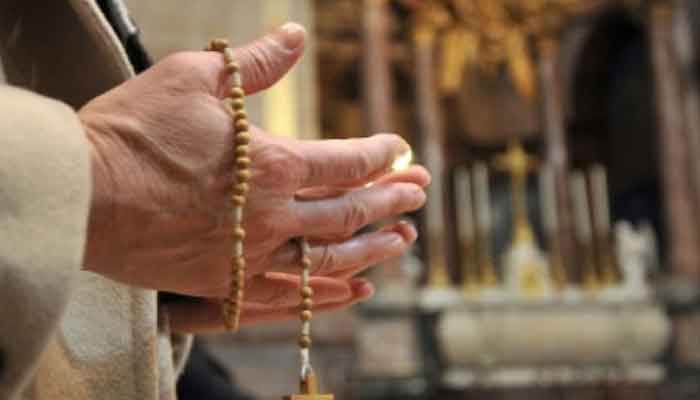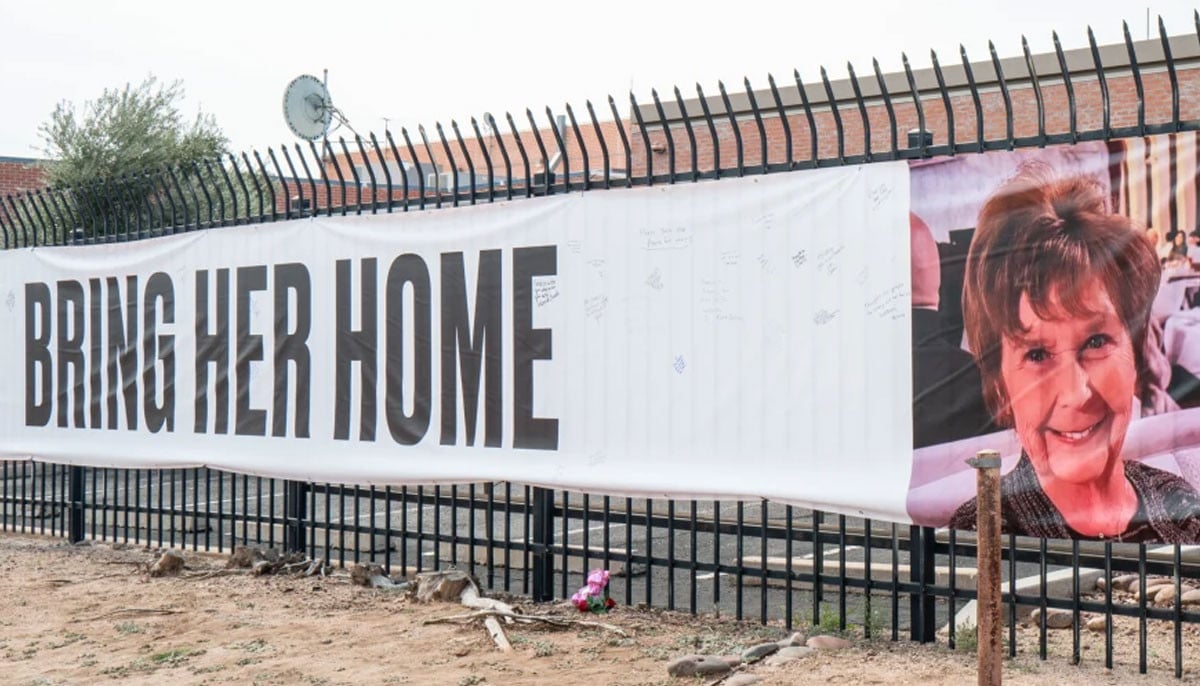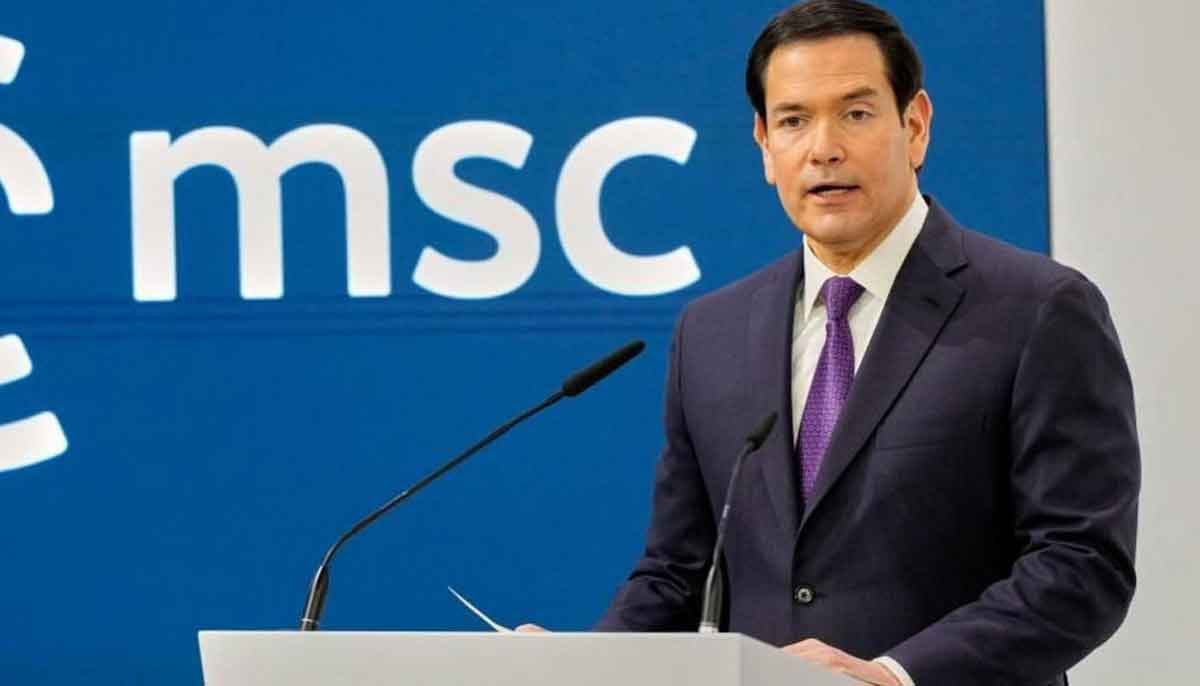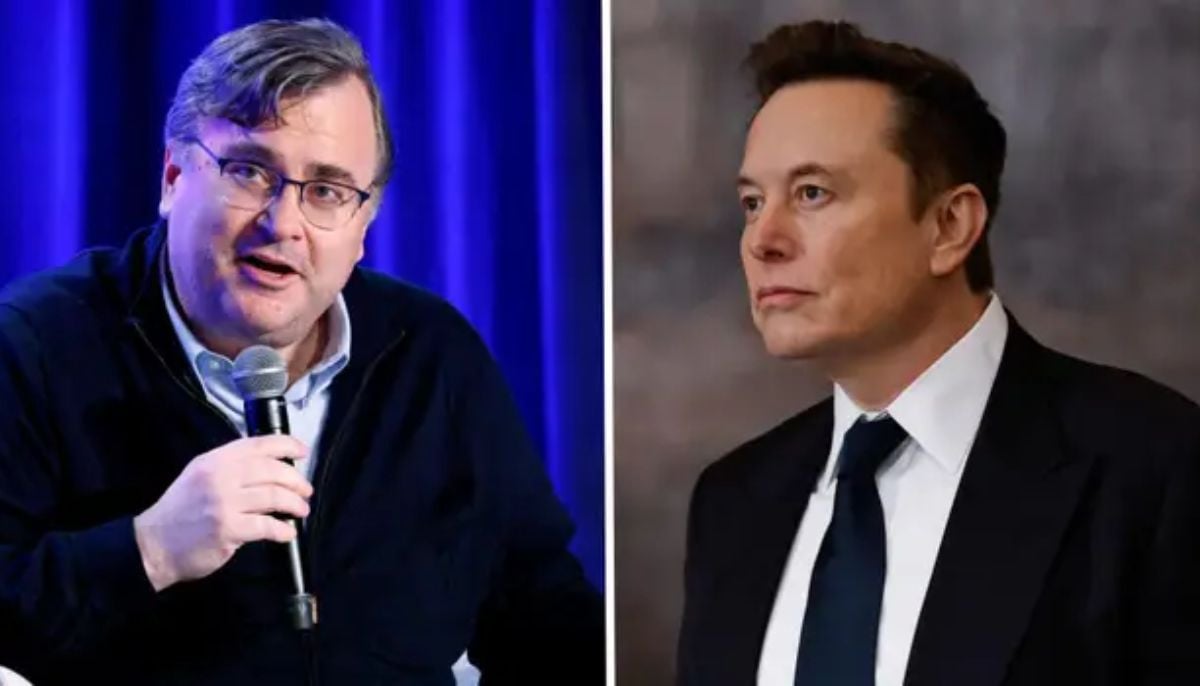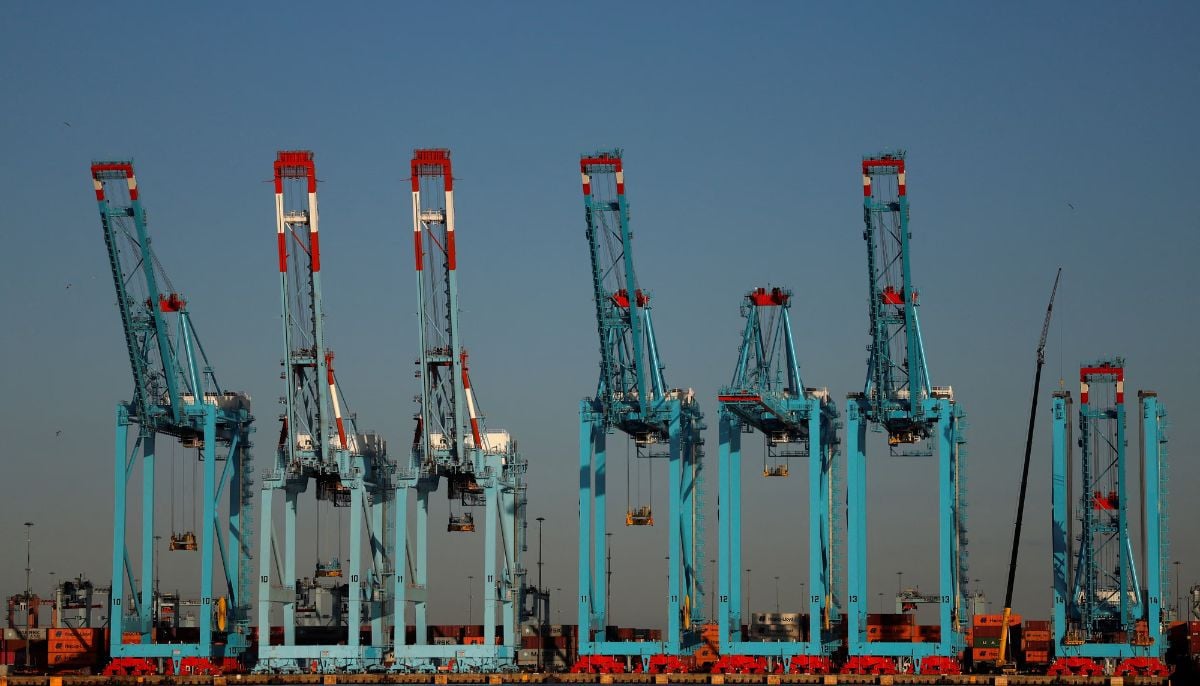Polish paedophilia scandal rocks political scene
Poland's two main political parties, the right-wing Law and Justice (PiS) party and the European Coalition, a group of opposition parties led by the liberal Civic Platform (PO) are currently polling neck and neck. However, the film could effectively swing the outcome of the ballot.
WARSAW: A Polish documentary on clergy paedophilia that has shocked the devout country could deal a blow to the chances of the ruling conservatives in this month's European Parliament elections, given the party's close ties to the Catholic Church, analysts said on Thursday.
With Poland's two main political forces -- the right-wing Law and Justice (PiS) party and the European Coalition, a group of opposition parties led by the liberal Civic Platform (PO) -- currently polling neck and neck, the film could effectively swing the outcome of the ballot, observers said.
"This whole affair may tilt the balance in favour of the opposition" at the May 26 EU election, political analyst Stanislaw Mocek told AFP.
He says the PiS, in power since 2015, could pay dearly for its close ties to the Catholic Church, "a symbiosis that has suited both sides", at least until now.
Posted on YouTube on Saturday, the "Tell No One" film by brothers Tomasz and Marek Sekielski has since gone viral and been viewed more than 17 million times.
The two-hour documentary includes hidden camera footage of victims who are now adults confronting elderly priests about the abuse they suffered decades earlier.
Local media for their part have also been busy publishing witness accounts, commentary and new revelations of child sex abuse by the clergy.
Bishops have come under fire for not responding effectively to cases of abuse and there have been demands for an independent commission of inquiry to shed light on the issue.
'In panic mode'
Mocek believes that a shift of one or two percent of votes away from the PiS because of the paedophilia scandal could prove decisive.
Warsaw-based Catholic theologian Stanislaw Obirek said that both the PiS and the episcopate were "in panic mode".
He believes next month's visit by Maltese Archbishop Charles Scicluna, a Vatican expert on paedophilia among the priesthood, may result in a series of resignations by Polish bishops.
"Now Archbishop Scicluna is coming and his visit will result in important changes. These won't be cosmetic changes. Many bishops will leave," the former Jesuit told AFP.
Scicluna spent 10 years as a Vatican prosecutor investigating cases of paedophilia among the priesthood, making a name for himself with his determination.
Arturo Sosa, the leader of the Roman Catholic Jesuit order the Society of Jesus, said in Warsaw Wednesday that the root of the Church's problems -- both in Poland and abroad -- lay in the inordinate power the clergy wields over believers and to a lack of transparency within the institution.
The ruling conservatives appear not to be wasting any time in seeking damage control, having announced plans to raise the prison terms for paedophilia to a maximum 30 years and the age of consent from 15 to 16.
The EU member's parliament has already examined the bill, which could become law in the next few days as the PiS commands an absolute majority.
'Electoral consequences'
But government spokeswoman Joanna Kopcinska rejected as "absurd" suggestions that the bill had anything to do with the EU electoral campaign.
She said the penal code changes have been in the works for more than 10 months.
Still, Deputy Prime Minister Jaroslaw Gowin acknowledged that the public debate over paedophilia "may have certain electoral consequences."
Influential and controversial priest Tadeusz Rydzyk, the founder of a media empire, denounced what he called a "smear campaign" inspired by "hatred" of the Church.
He said that if the purpose of the fight against paedophilia was really the pursuit of good, then "we would also be citing the percentage of people guilty of these crimes in other social groups and showing that the percentage among priests is low."
Nevertheless, Obirek believes that the Church is "on the verge of fundamental change."
-
Drama outside Nancy Guthrie's home unfolds described as 'circus'
-
Marco Rubio sends message of unity to Europe
-
Hilarie Burton reveals Valentine's Day plans with Jeffrey Dean Morgan
-
Jacob Elordi, Margot Robbie on 'devastating' scene in 'Wuthering Heights'
-
China to implement zero tariffs on African imports in major trade shift
-
Jack Thorne explains hidden similarities between 'Lord of the Flies' and 'Adolescence'
-
Elon Musk vs Reid Hoffman: Epstein files fuel public spat between tech billionaires
-
New Zealand flood crisis: State of emergency declared as North Island braces for more storms
